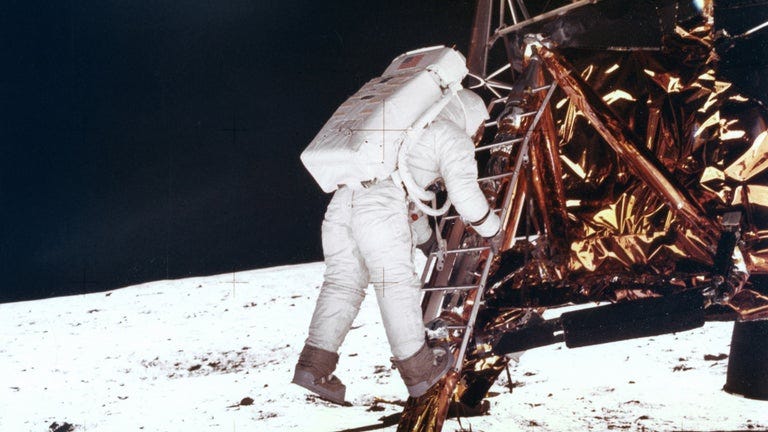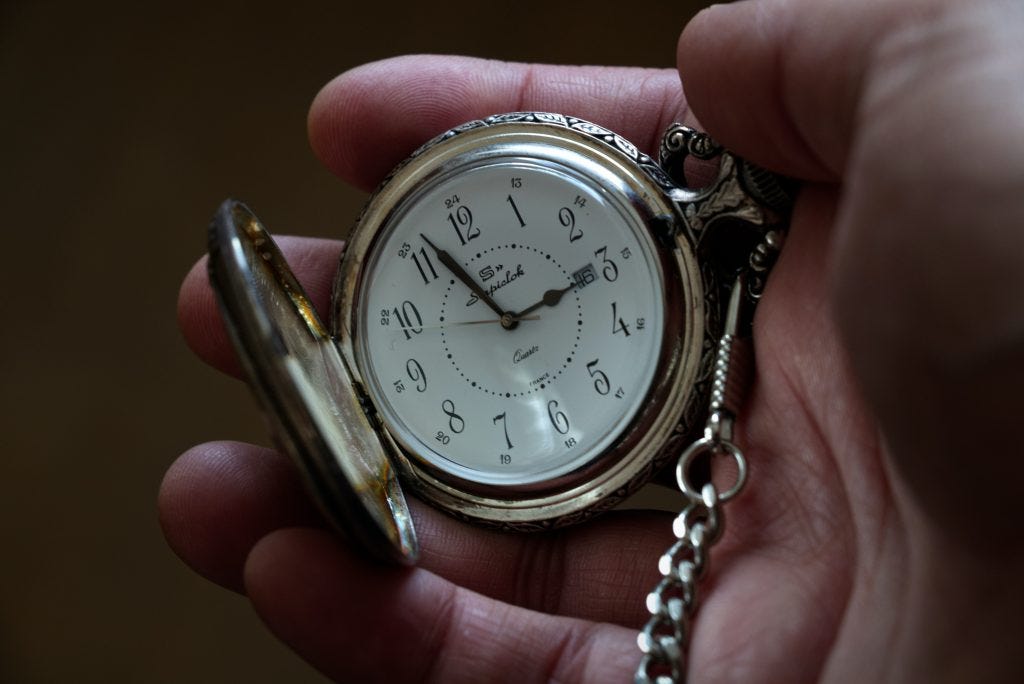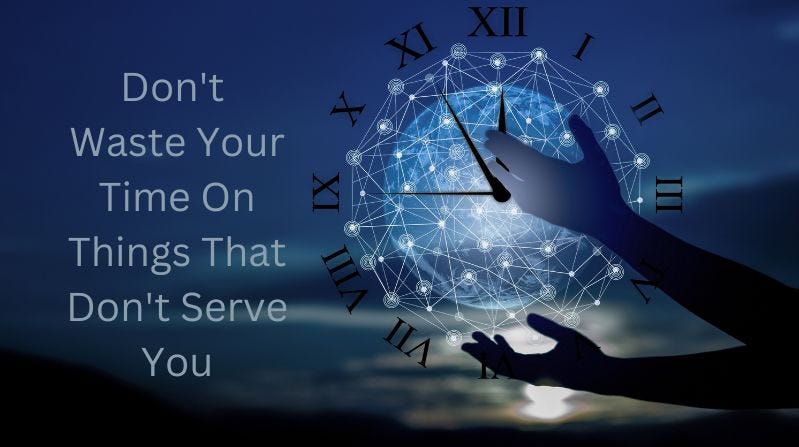What Do You Want… from Time?
It’s the one thing everyone has the same amount of, and everyone wants more…
Neil Armstrong, the first human to set foot upon Earth’s moon, famously explained that he figured that every human being has a finite number of heartbeats in their lifetime, and his goal was to spend as many of them doing what he loved and experiencing joy as possible.
Buddha talked about being “in the moment” and staying “in the moment,” explaining that any time spent lamenting the past was wasted because it could never be changed. And worrying about the future is pointless because you might encounter sudden disaster and never see that future. All that worrying would be wasted. All we have, explained Buddha, is the moment we are currently in. And once its over, its gone never to return. His admonition was to spend every moment as focused as possible on experiencing and enjoying what was happening to you in that moment.
“I Simply Don’t Have the Time”
That statement, which we all make from time to time, is simply never true. And this is an important concept to lock into. You always have the time, the same amount of time as everyone else.
Time needs to be invested. That is, we make choices about what we’re going to do with our time all the time. We decide, each day, that the time has come to go to work. We could just as easily choose not to, as long as we’re willing to accept the consequences. We choose to sit and watch television programs. We decide to spend time scrolling on our mobile phones. We decide to spend time with specific other people engaged in various chosen activities. We literally choose how to invest every moment of our time.
And you’ll absolutely never “find” the time. All the time you have is right there for you to invest. You can look high and low and you’ll never find more time. You may decide to “make” the time for something by choosing it instead of something else you were going to invest time in.
And like every other investment, you expect a return on your investment of your time. You may want to invest your time in learning something, or visiting somewhere, or enjoying entertainment or leisure or reckless abandon. Each moment is your choice.
You may give up your choice thinking you must do certain things at certain times, and if you don’t really think it through you may find yourself “killing” time. You’ll never retrieve that killed time, so think very carefully before you do it.
Your Relationship With Time Changes
It’s likely that nobody learns this until they are older, and even if someone tells you about it you won’t fully embrace it.
After a given point in your life you start to feel that you’re running out of time. That you may not have enough time left to achieve some of the things you wanted to achieve. That you should really appreciate each moment more because you’ll soon be running out of them.
This first came home to me when my mentor’s dog passed away. As far back as I could remember, he always had a dog. Now, however, he had no plan to go and adopt another dog. I couldn’t understand it. How could a “dog person” like him be without a dog? I implored him to reconsider, but he remained steadfast.
Years later, I reached the same age he was when that happened and one of my dogs passed away. Even while grieving I was already thinking about adopting a new puppy to let my remaining dogs raise.
That’s when it hit me. It occurred to me that I may not have fifteen years left in my lifetime to give to that puppy. I might die before him or her, which resulted in my leaving that dog alone. That is something I could simply never do. That was why my mentor decided not to adopt again. It made all the sense in the world. I realized my wife and my sons would make sure the dog was well taken care of, but for the first time I couldn’t commit to being there.
That thinking now colors every moment of every day for me. Do I have enough time left to complete the things I’m considering investing my time in? Which of those things is most important to me? If I can’t do all of them, which ones should I focus on first?
More vs. Mortality
Those who know me know what a fan I am of Stephen Covey, famed author of The 7 Habits of Highly Effective People and many other wonderful books.
Covey’s personal watchwords were always, “To Live, to love, to learn, and to leave a legacy.”
As your allotment of time begins to run out, you think more and more of what that legacy will be. Part of it is carried in the children and grandchildren you leave behind. They are your greatest gift to the world.
But another part of that legacy rests in providing something lasting that will benefit people for years to come. One of the great definitions I’ve heard for “great art” is art that stands the test of time. I think about Socrates, Plato, and Aristotle, Buddha and Jesus, DaVinci, Rembrandt, Bach, Brahms, and so many others whose work we still celebrate today. Their work has withstood the test of time and continues to benefit people long after their death.
How wonderful that must be. The artists themselves will never know of it, they’re long dead. But their families can enjoy and appreciate the contributions of their forebears.
To my mind, this is the only way we achieve immortality, by having the work we do, the contributions we make to the advancement of our species, remembered beyond our lifetimes.
Minute by Minute by Minute
Note that I titled this “What do you want… From Time” with emphasis on “from.” I didn’t ask what you want to do with your time, because you can’t really determine that until you know what return you want from your investments of time.
This is a process best practiced minute by minute. Think in advance of what you want to get from your time and then plan what you need to do with your time to get it. Make the most of every moment, because they will surely not come again.








